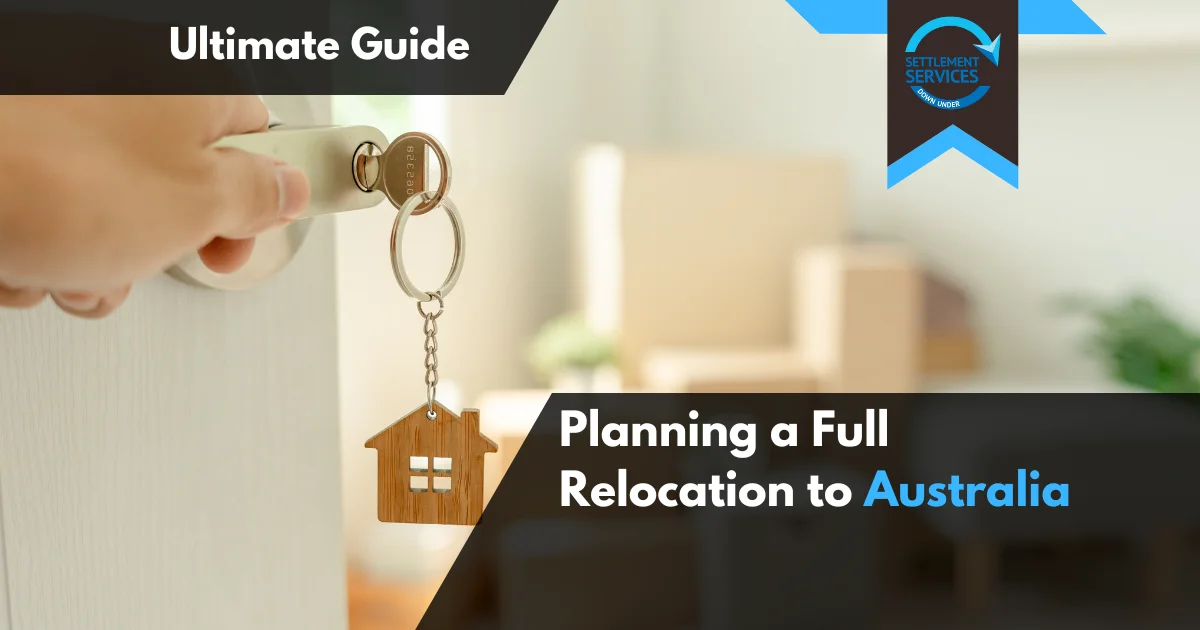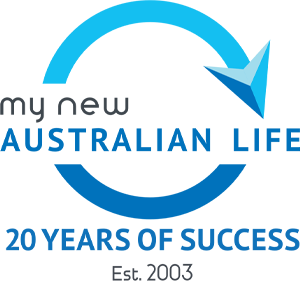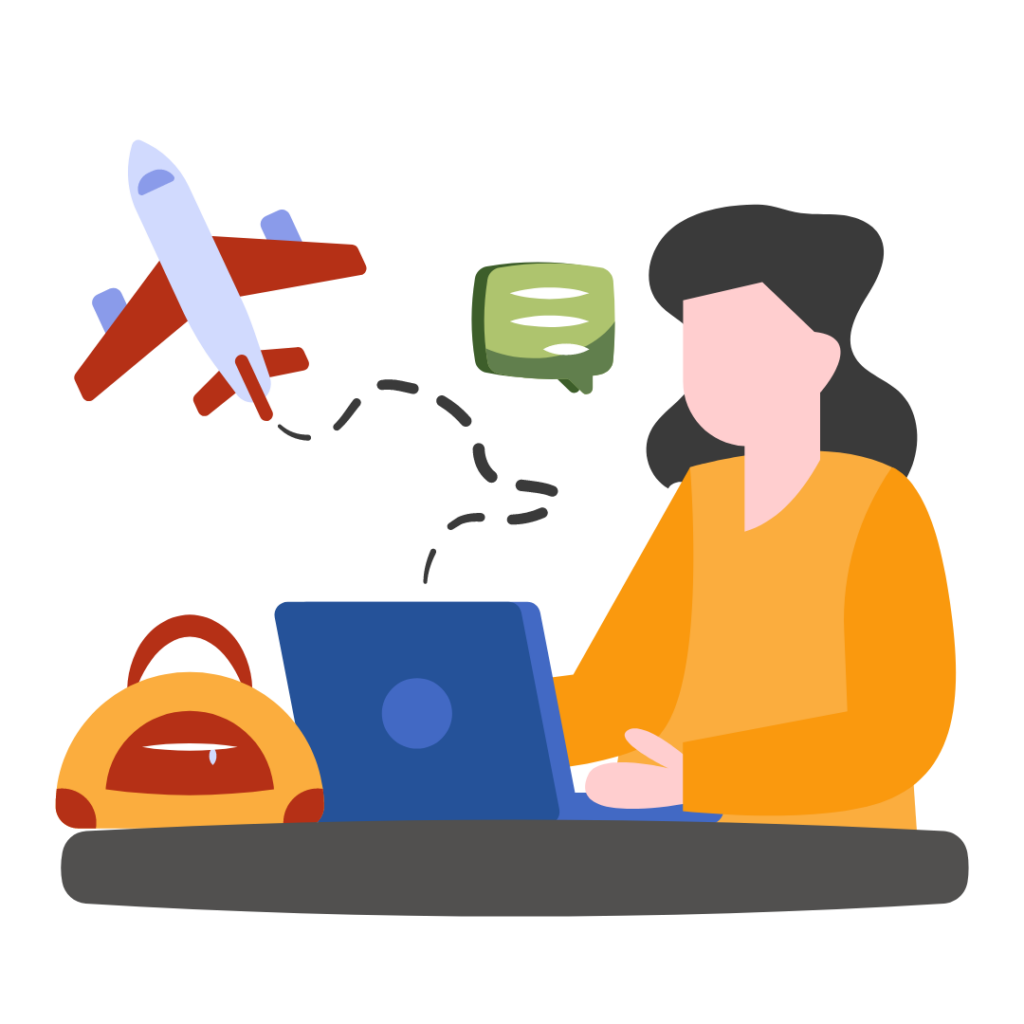Securing employment in a new country can be daunting. For migrants entering the Australian job market, understanding the local expectations and developing key interview skills is essential. We’ll provide you with expert insights and practical tips to help you stand out in Australian job interviews and make a positive impression on potential employers.
Why Interview Coaching is Essential for Migrants
The Australian job market is known for its unique approach to interviews, prioritizing open communication, teamwork, and work-life balance. Understanding these elements can significantly enhance your chances of landing a job. Professional interview coaching helps you:
- Learn about Australian workplace culture
- Practice responding to typical interview questions
- Refine your communication skills
- Receive personalized feedback
Key Differences in Interview Expectations by Country
To succeed in Australian interviews, it’s helpful to understand some key differences compared to other regions:
| Aspect | Australia | USA | UK | India |
|---|---|---|---|---|
| Formality Level | Informal, team-oriented | Professional, competitive | Formal, structured | Hierarchical, often formal |
| Preferred Interview Style | Behavioral, values-based | Results-focused | Competency-based | Technical knowledge emphasized |
| Emphasis on Work-Life Balance | Highly valued, frequently discussed | Important but not always discussed | Growing in importance | Varies widely by industry |
| Interview Duration | Usually brief (30-45 minutes) | Typically longer (1 hour or more) | Often brief, with multiple rounds | Longer, more rounds for technical roles |
Understanding Australian Workplace Culture
The Australian workplace culture is relatively informal yet values professionalism and teamwork. Here’s what you should know:
- Open Communication: Australians appreciate open and honest communication. Be prepared to discuss your experiences and express opinions clearly.
- Focus on Team Collaboration: Employers in Australia value team-oriented candidates who can work harmoniously with colleagues from diverse backgrounds.
- Work-Life Balance: Highlight your understanding of work-life balance, which is often a priority for Australian employers.
People also read: What is the Minimum Wage in Australia?
Preparing for Common Interview Formats in Australia
Interviews in Australia often include a mix of formats:
- Behavioral Interviews: The STAR (Situation, Task, Action, Result) method is common. Prepare stories that demonstrate your skills and how you handle different situations.
- Panel Interviews: These may include several interviewers, often team members, who assess your fit within the team.
- Video Interviews: Remote interviews are increasingly popular. Test your setup, and maintain eye contact with the camera.
Preparing for Common Australian Interview Questions
Interviews in Australia often include behavioral and values-based questions. Here are some examples and tips on answering them effectively:
1. “Tell me about yourself.”
- Tip: Provide a brief overview of your professional background, focusing on key skills and experiences relevant to the role.
2. “Why do you want to work here?”
- Tip: Mention specific aspects of the company, such as their values, mission, or projects, and explain how they align with your career goals.
3. “Describe a time when you faced a challenge at work.”
- Tip: Use the STAR method (Situation, Task, Action, Result) to discuss how you handled a difficult situation and what you learned from it.
4. “What are your strengths and weaknesses?”
- Tip: Choose strengths that align with the role. For weaknesses, mention one that isn’t crucial for the job and explain how you’re working to improve.
5. “Can you give an example of a time when you demonstrated leadership?”
- Tip: Describe a situation where you took initiative or led a team. Use STAR to detail the steps you took and the positive outcome.
6. “Describe a time when you had to work with a difficult colleague or team member.”
- Tip: Emphasize your conflict-resolution skills and focus on how you kept the team’s objectives in mind while finding common ground.
7. “What do you know about our company and why do you want to work here?”
- Tip: Demonstrate that you’ve researched the company and mention specific projects or values that resonate with you.
8. “How do you handle tight deadlines or high-pressure situations?”
- Tip: Share strategies you use to stay organized, manage stress, and prioritize tasks to ensure timely and quality results.
9. “What are your long-term career goals, and how does this position fit into them?”
- Tip: Show how this role aligns with your future goals, emphasizing a desire to grow with the company.
10. “Describe a time when you had to adapt to a major change at work.”
- Tip: Use the STAR method to explain how you adapted to the change, remained productive, and stayed positive.
11. “How do you prioritize your tasks when you have multiple deadlines?”
- Tip: Talk about your approach to organization, such as using lists or digital tools, and prioritizing tasks based on deadlines and impact.
12. “Tell me about a time you went above and beyond for a project or task.”
- Tip: Share an example that demonstrates your dedication and initiative, focusing on the positive impact it had on the project or team.
13. “What would you do if you disagreed with a decision made by your supervisor?”
- Tip: Highlight your communication skills and willingness to discuss your perspective respectfully while supporting the team’s direction.
14. “How do you ensure effective communication within a team?”
- Tip: Describe your approach to active listening, clarity, and checking in with team members to keep everyone aligned.
15. “Why should we hire you?”
- Tip: Summarize your key skills, relevant experience, and how you can make a positive impact in the role, making a case for why you’re the best fit.
Tips to Demonstrate Your English Proficiency
For migrants, clear and effective communication in English is essential in the Australian job market:
- Practice Pronunciation and Clarity: Speak clearly, and avoid slang or overly technical jargon.
- Show Confidence: Practicing interview answers with a friend or coach can help you feel more confident.
- Focus on Body Language: Maintain good posture, make eye contact, and be aware of facial expressions.
The Role of Interview Coaching in Australian Job Preparation
Professional coaching offers a structured approach to practice key skills:
- Mock Interviews: Get comfortable with interview scenarios, feedback on your responses, and tips on non-verbal cues.
- Cultural Orientation: Coaches can help you understand nuances specific to Australian workplaces.
- Resume and Cover Letter Preparation: Many coaching programs also assist with resume and cover letter refinement, ensuring your application materials are up to Australian standards.
Additional Tips for Success
- Dress Appropriately: Generally, business casual attire is expected, though it varies by industry.
- Follow-Up: Send a thank-you email post-interview to reiterate your interest in the position.
- Stay Positive: Remember that every interview is an opportunity to grow and improve.
Preparing for job interviews in a new country can be challenging, but with the right approach, you can make a lasting impression. Understanding Australian workplace culture, practicing common interview questions, and considering professional coaching will help you approach interviews with confidence. By focusing on your unique skills and experiences, you can position yourself as a valuable asset in the Australian job market.





